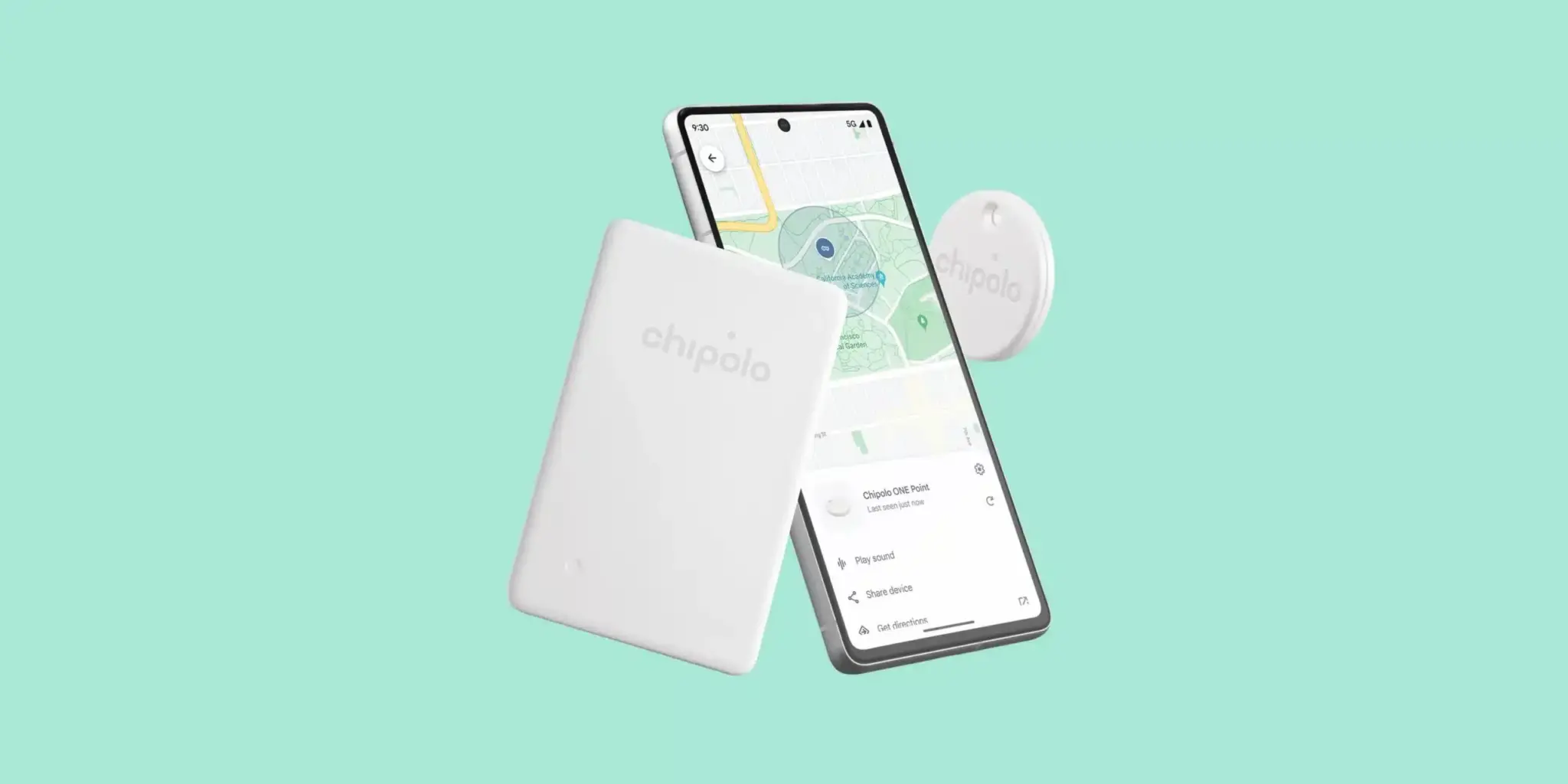This week marks the launch of Android’s enhanced “Find My Device network,” a significant update that promises to transform the way users locate lost or misplaced gadgets. With a focus on extending the capabilities beyond smartphones to include headphones and enabling offline finding, this update represents a pivotal moment for Android device security and convenience.
Google’s “Find My Device” feature has traditionally allowed users to locate their devices as long as they were connected to the internet or had last been connected via Bluetooth. However, this utility had its limitations, particularly when it came to locating smaller devices like earbuds, which could easily be misplaced and go undetected. The latest updates to the Find My Device network are set to change this by offering a more robust solution for tracking a wide range of devices, including tracker tags, headphones, and even phones that are offline .
A standout feature of the updated Find My Device network is its ability to harness the collective power of over a billion Android devices worldwide. This crowdsourced approach enables the network to locate missing items through Bluetooth proximity, making it possible to find devices that are offline or lack traditional location capabilities. From headphones to tracker tags attached to keys, wallets, or luggage, the network aims to provide peace of mind and a higher level of security for Android users.
Furthermore, Google has partnered with leading brands such as Sony, JBL, Tile, Chipolo, and Pebblebee, ensuring that a wide array of devices can be integrated into the Find My Device network. This includes existing Pixel Buds and upcoming firmware updates for compatible headphones, which will become locatable through this expansive network.
In developing the Find My Device network, Google has placed a strong emphasis on user privacy. The network operates with end-to-end encryption, ensuring that the data used for locating devices cannot be accessed or utilized by Google for any other purposes. This commitment to privacy, along with the network’s broad compatibility and ease of use, underscores Google’s dedication to enhancing device security and user convenience in the Android ecosystem.






























